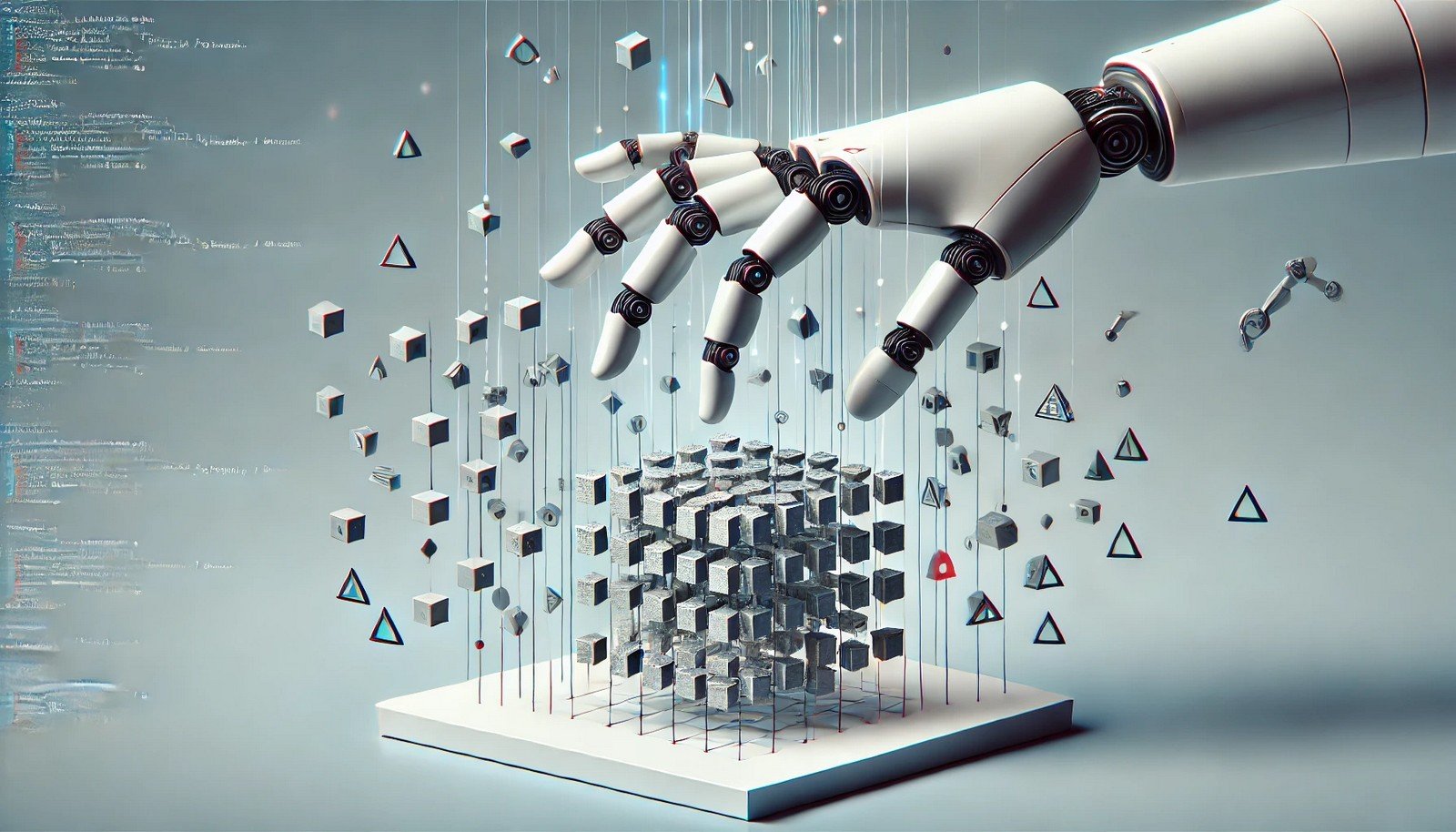Program Synthesis

Quick Navigation:
- Program Synthesis Definition
- Program Synthesis Explained Easy
- Program Synthesis Origin
- Program Synthesis Etymology
- Program Synthesis Usage Trends
- Program Synthesis Usage
- Program Synthesis Examples in Context
- Program Synthesis FAQ
- Program Synthesis Related Words
Program Synthesis Definition
Program synthesis refers to the automated process of generating computer programs from high-level specifications. It allows machines to create code that fulfills user-defined requirements without explicit programming instructions, bridging the gap between human intentions and executable software. Techniques used in program synthesis include constraint-based approaches, inductive programming, and neural synthesis models, which leverage machine learning to produce reliable code. Program synthesis is impactful in applications requiring rapid, error-free code generation, such as data transformation, program repair, and automated debugging.
Program Synthesis Explained Easy
Imagine you could tell a computer exactly what you want it to do in plain language, and it could write the program for you! Program synthesis is like having a helpful assistant who writes the code based on your instructions, without you having to write it yourself.
Program Synthesis Origin
The idea of program synthesis originated in the 1960s within the field of automated reasoning, gaining traction with the advent of artificial intelligence. Early program synthesis models were limited by computing power but laid the groundwork for today's sophisticated machine-learning-based synthesis techniques.
Program Synthesis Etymology
The term “program synthesis” derives from the combination of "program," referring to a sequence of instructions for a computer, and "synthesis," meaning the combination of components to form a connected whole.
Program Synthesis Usage Trends
Recently, program synthesis has seen a surge in interest, thanks to the rise of machine learning and AI. It is increasingly applied in industries such as software engineering, automation, and data science, enabling faster code generation and lowering human errors. As AI advances, program synthesis continues to evolve, empowering developers and non-experts alike to create software through high-level commands.
Program Synthesis Usage
- Formal/Technical Tagging:
- Machine Learning
- Automated Programming
- Software Engineering - Typical Collocations:
- "program synthesis algorithm"
- "automated code generation"
- "synthesis model training"
- "data transformation synthesis"
Program Synthesis Examples in Context
- Program synthesis helps developers generate SQL queries by interpreting data requirements in natural language.
- In robotics, program synthesis can automate the creation of complex control systems based on predefined tasks and constraints.
- Business analysts use program synthesis tools to transform raw data into actionable insights with minimal manual coding.
Program Synthesis FAQ
- What is program synthesis?
Program synthesis is the automated creation of computer programs based on high-level requirements. - How does program synthesis work?
It translates human requirements into code by using machine learning or rule-based systems to generate executable software. - What are common applications of program synthesis?
Applications include data transformation, automated debugging, and generating configuration scripts. - Why is program synthesis important?
It saves time and reduces errors, enabling people to create software solutions without extensive coding knowledge. - How does program synthesis differ from traditional programming?
Traditional programming requires manual coding, while program synthesis generates code based on requirements. - What is inductive program synthesis?
Inductive program synthesis generates programs by generalizing from examples rather than explicit rules. - How does program synthesis relate to AI?
Program synthesis often leverages AI algorithms to improve code accuracy and adaptability. - Can program synthesis replace programmers?
Not entirely; it assists but doesn’t replace the need for skilled programmers in complex scenarios. - What are some challenges in program synthesis?
Challenges include understanding ambiguous requirements and generating optimal, efficient code. - Is program synthesis accessible to non-programmers?
Yes, many tools aim to make it accessible by translating plain language inputs into code.
Program Synthesis Related Words
- Categories/Topics:
- Artificial Intelligence
- Machine Learning
- Software Engineering
- Code Generation
Did you know?
Program synthesis is integral to assistive AI technologies, including AI-driven code suggestions in popular software development tools. By learning from vast code datasets, program synthesis models suggest or even auto-generate code, streamlining the development process.
PicDictionary.com is an online dictionary in pictures. If you have questions or suggestions, please reach out to us on WhatsApp or Twitter.Authors | Arjun Vishnu | @ArjunAndVishnu

I am Vishnu. I like AI, Linux, Single Board Computers, and Cloud Computing. I create the web & video content, and I also write for popular websites.
My younger brother, Arjun handles image & video editing. Together, we run a YouTube Channel that's focused on reviewing gadgets and explaining technology.



Comments powered by CComment